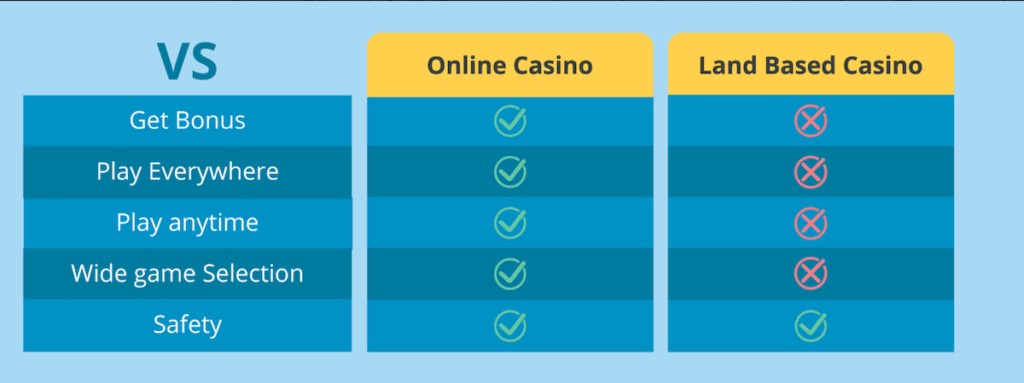CT Gov. Ned Lamont has cemented a compact with the state’s Mashantucket Pequot Tribe paving the way for sports betting and online casinos in the state.
With this second compact, after the previous one made with the Mohegan Tribe, Connecticut appears to be ready to move forward with legislation in the General Assembly.
Through this new deal, online casinos will now be taxed at 18% instead of 20%.
Mashantucket Pequot Tribal Chairman Rodney Butler stated, “We’re proud of this landmark agreement with the State of Connecticut that cements a historic moment for our Tribal Nation. This agreement bolsters the state’s economic development and growth, and allows us to develop a stable economic foundation for the future of our tribal community.”
Gov. Lamont added, “Connecticut is on the cusp of providing a modern, technologically advanced gaming experience for our residents, which will be competitive with our neighboring states. Our state’s tribal partners have worked with my administration thoughtfully, deliberately, and in a constructive fashion for the past few months, and we have achieved an agreement that is best for Connecticut residents and their respective tribal members. We will work to see it ratified and look forward to doing so through a collaborative effort, including working with elected leaders in the General Assembly.”
The legislative process has begun
The state’s legislature is already working hard on Gov. Lamont’s plan as bills have already been passed by committees to go to the floors of both the Senate and House of Representatives.
The bill was pushed forward with a bipartisan vote of 20-2 with three absences.
While there are still details to iron out in the bill, House Speaker Matt Ritter (D-Hartford) said he would call the governor’s bill for a vote as soon it is ready.
Gov Lamont has stated that he wants to be able to offer sports betting in time for the NFL season this fall.

What lies ahead for CT players
With both parties working together, the legislation is all-but-sure to pass swiftly.
Then the state will need to work quickly to have a regulatory agency to oversee implementation to meet the timeline set.
Passing this legislation is part of Gov. Lamont’s plan to rebuild the economy of Connecticut as we begin to move into a post-Covid time.
The revenue generated from the bill is set to go towards paying for community college education across the state.
